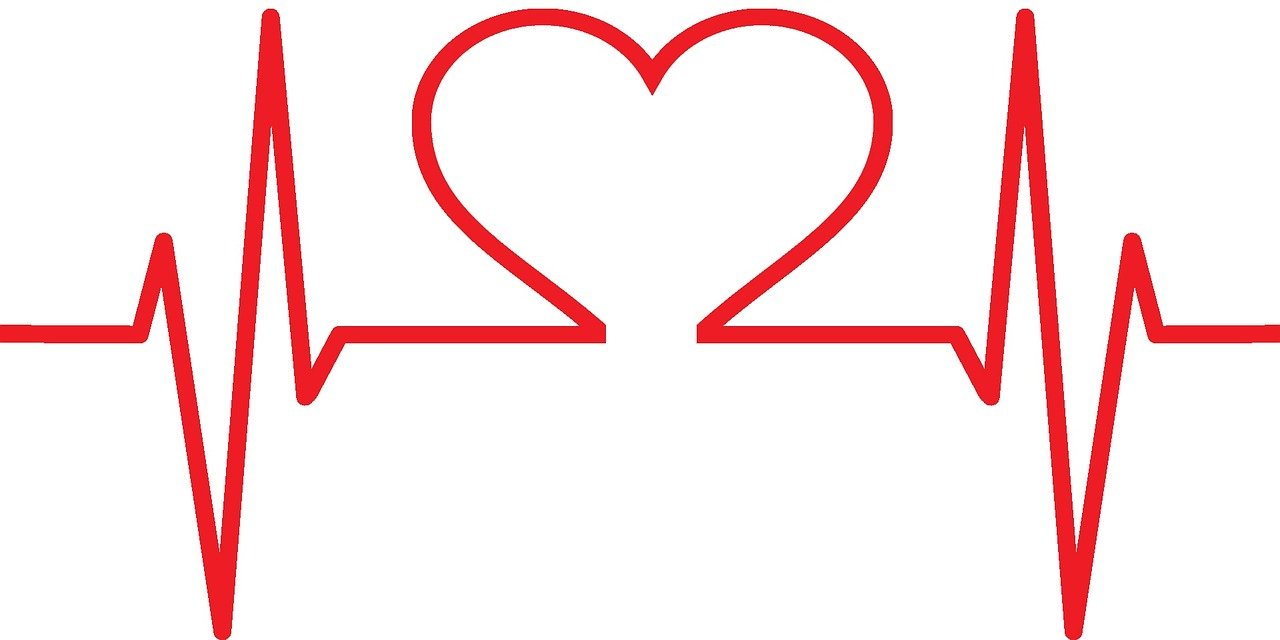|
I just purchased a new laptop to replace one that finally gave up the ghost. I paid $350 for it. Amazing! Think back just a few years ago at what you could expect to pay for a new laptop. My first one cost over $1,000. The one I have now is more powerful in virtually every way. I expect when it comes time to replace it I will pay less in inflation-adjusted dollars, perhaps even in real terms, for a still more powerful model. We expect that when it comes to our electronic gadgets. And yet...
The same forces at work in computers, smartphones, and other areas of our life where products continue to improve and costs continue to come down could apply in other areas of our life as well. But, our elected leaders, charged with improving such areas as education and health care seem to have absolutely no curiosity at all about how the price of laptop computers continues to decrease even as the quality and performance increase. Either they have no curiosity or, what would be worse, active contempt for the market forces at work. Health care costs continue to rise even as the same technology driving my laptop is an important factor in health care. Tuition for higher education continues to rise at what everyone agrees is an unsustainable rate even as more students demand online learning. How come the technology in health care and education is not having the same effect on costs as it does when I buy a new laptop? My wife is a primary care physician and I am a college professor. We are both working in fields where the adoption of technology is increasingly important. For her, it is electronic medical records. For me, it is online education. Yet, powerful forces are working against the cost-saving effect of technology and it is similar to what we saw happen in the recording industry in which I also participate as a recording artist. For the longest time record companies fought against file sharing and electronic forms of music distribution. Now many of those record companies are struggling to survive in an industry where consumers and producers have moved on without them to new ways of creating and consuming music. Similar forces are at work in the television and movie industry. And, if we're lucky those same forces will also begin to work in health care and education. Things are already happening. I think as a result of improvement in technology and increased costs of regulation and compliance opportunities for freelance educators and physicians will abound. You see, electronic medical records are not simplifying the lives of doctors and improving patient care because the audience for these records is neither physicians nor patients. The audience is health insurance companies. In education, the audience for the course syllabus (now numbering 15-20 pages) is no longer the student. The point is no longer how we can serve students in education but how we can serve accreditors with compliance. There are striking parallels between the two industries. The most striking for me is their vulnerability to disruption. Education is a little further along in this process with the growth of homeschooling and unschooling and, now even, uncollege. Health care seems to be lagging but not for long. Here's my question to you, dear reader and consumer: How much would you be willing to directly pay for quality health care delivered to your house at your convenience? How much would you be willing to pay for a doctor to come to your home for your appointment, spend 30-45 minutes with you, and focus on treating you instead of filling out forms? No insurance, no complications. Just quality individual health care? What is that worth to you? Because soon you will have that option and it will be much better for your health!
0 Comments
Leave a Reply. |
KEVIN J. BROWNEPhilosopher / Educator These blog posts contain links to products on Amazon.com. As an Amazon Associate I earn from qualifying purchases.
Categories
All
Archives
April 2023
|




 RSS Feed
RSS Feed
















